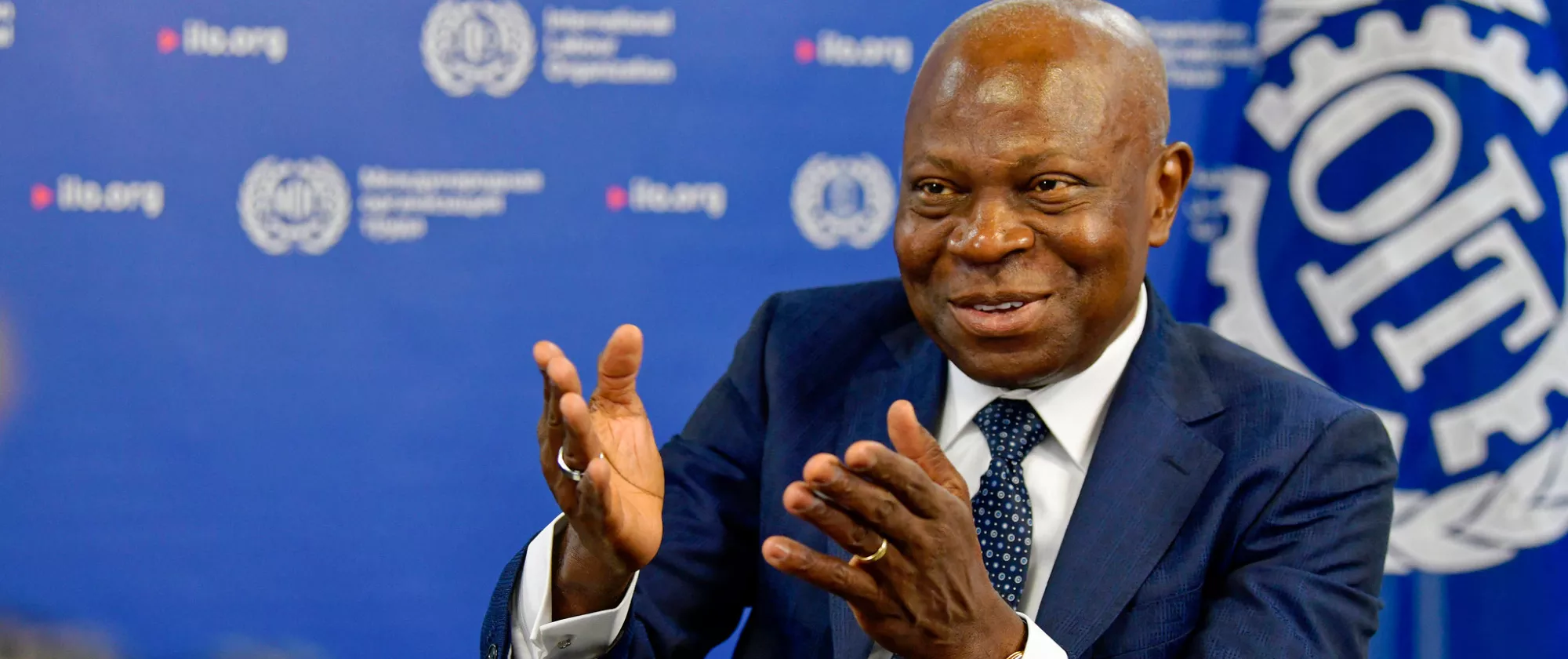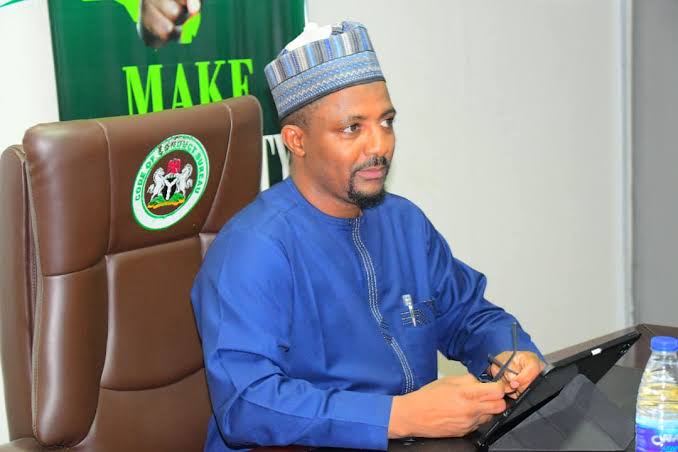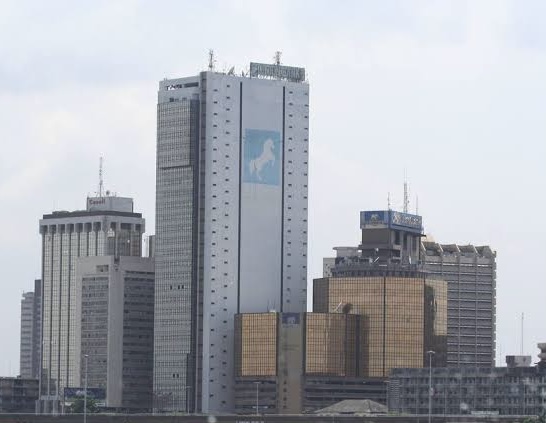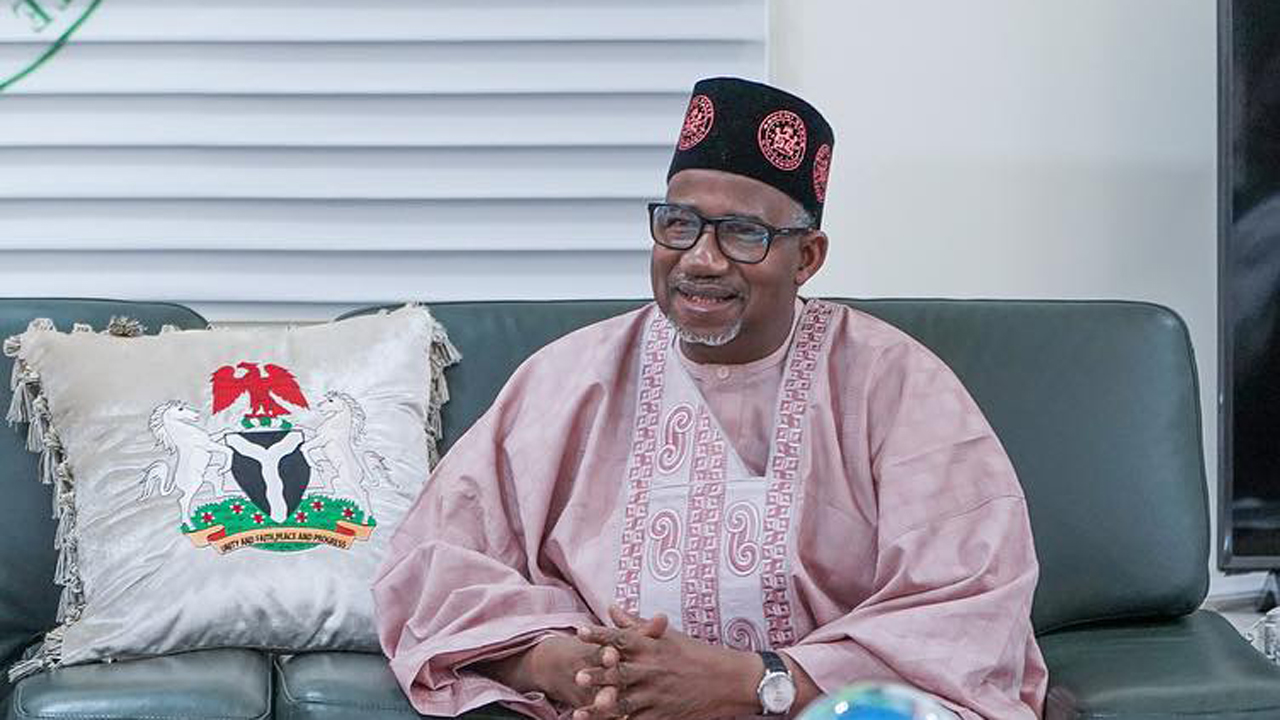
A new report by the International Labour Organization (ILO) has revealed a significant global disparity in paid parental leave, with working mothers receiving an average of 24.7 weeks compared to just 2.2 weeks for fathers.
Published as part of the inaugural issue of the ILO’s Care Economy Brief series, the report marks the 25th anniversary of the Maternity Protection Convention (No. 183) and calls for urgent policy reforms to address the gender imbalance.
The ILO noted that this five-month difference in leave entitlements reinforces gender inequality both at work and at home. Sukti Dasgupta, Director of the ILO’s Conditions of Work and Equality Department, described the gap as a systemic problem, stressing that only equal, non-transferable leave rights for both parents, supported by public funding and social protection, can drive meaningful change.
While some countries have made progress in aligning maternity leave with international standards, the report highlights that 57% of the global population live in countries where women receive three to six months more leave than men. In 71 countries, fathers are not entitled to any statutory paid parental leave at all.
The report warns that poorly designed policies—such as unpaid leave, lack of job protection, or employer-funded schemes—discourage fathers from taking time off, entrenching traditional gender roles further. It also reveals that unpaid care work remains a major obstacle to women’s labour force participation, excluding 708 million women from the workforce compared to just 40 million men.
The ILO estimates that providing all parents with a minimum of 14 weeks’ paid leave at 67% of prior earnings by 2035 would cost an additional US$142 billion annually—equivalent to just 0.13% of global GDP. Such investment could generate over four million formal jobs worldwide.
The report recommends four key policy actions: ratifying and implementing Convention No. 183; establishing non-transferable, adequately paid paternity leave; granting individual parental leave entitlements; and creating inclusive financing models to extend coverage to informal and non-standard workers.
Dasgupta concluded that narrowing the parental leave gap is not only a matter of fairness but essential for achieving broader gender equality and strengthening economies by improving workplace care systems.












